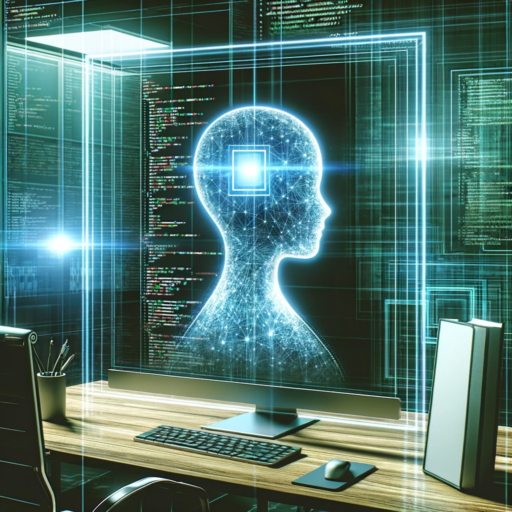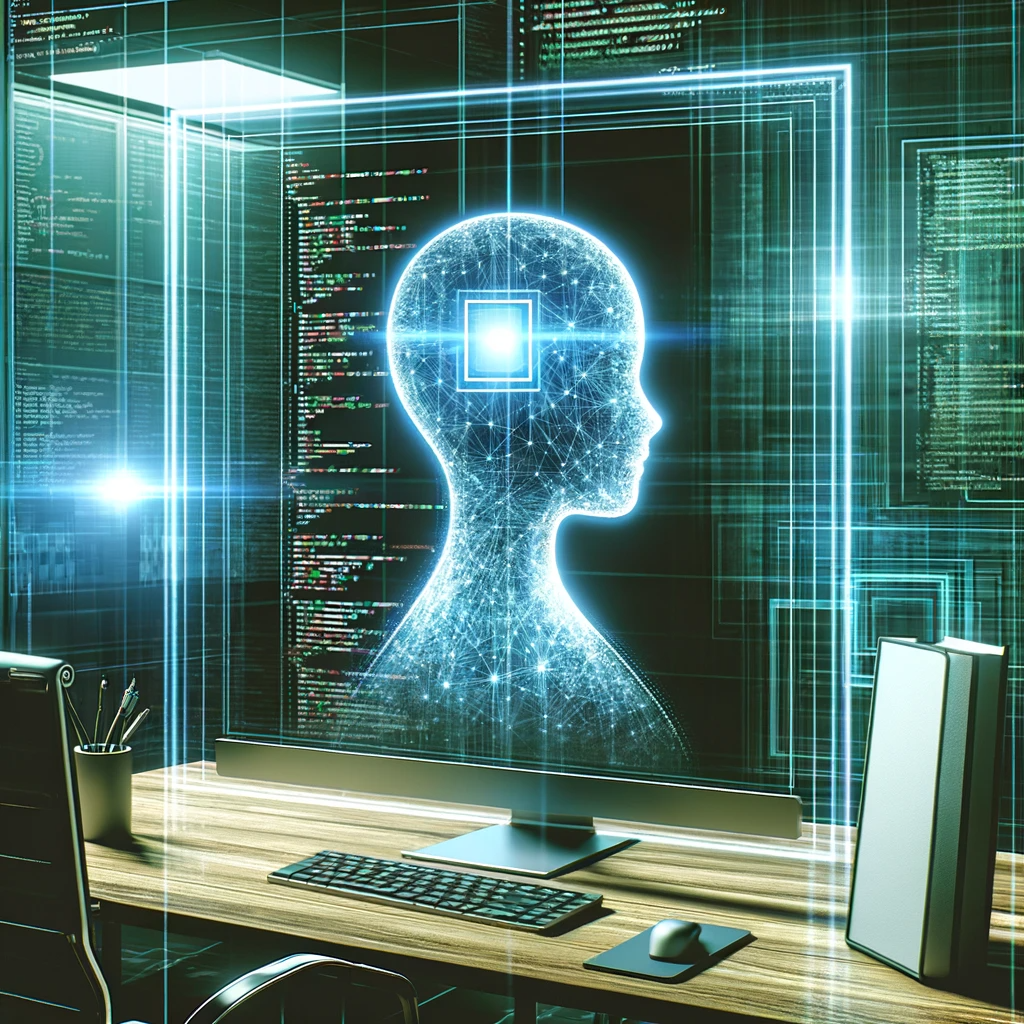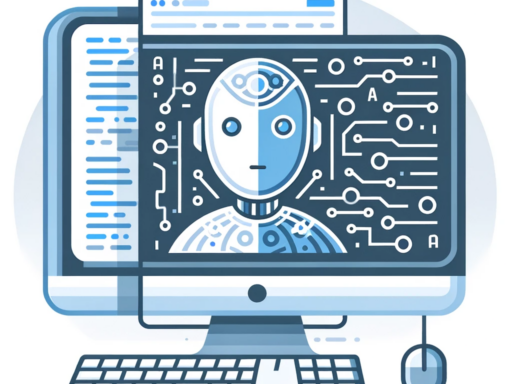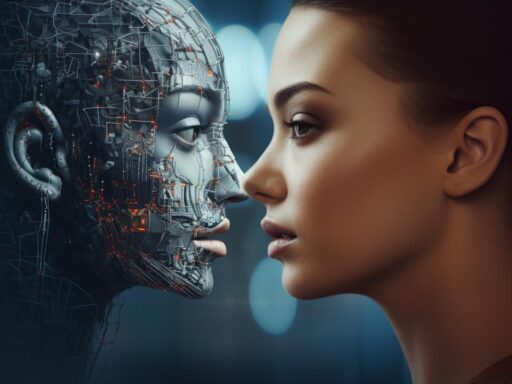The integration of AI coding assistants in the software development process has opened new frontiers for efficiency and innovation. These tools are not just about automating mundane tasks; they are about enhancing the creativity and skill set of developers. In this detailed exploration, we will uncover advanced tips, tricks, and real-world examples to help you master the use of AI coding assistants.
Understanding AI Coding Assistants
AI coding assistants are software tools that use machine learning algorithms to understand, predict, and assist in the software development process. They can provide suggestions for code completion, debug errors, and even write chunks of code, thereby significantly speeding up the development process. These assistants learn from vast databases of code, continuously improving their suggestions and recommendations based on new data.
The Advanced Techniques
In the dynamic world of software development, AI coding assistants are not just tools; they’re catalysts for creativity and efficiency. But to truly leverage their potential, one must step beyond the basics. Here’s how you can harness the advanced capabilities of AI coding assistants to transform your coding experience.
Custom Scripting: Your Personal Coding Concierge
Imagine having a coding assistant that doesn’t just suggest, but also executes tasks tailored specifically for your project’s needs. By scripting custom automation tasks, you can transform your AI assistant into a personal concierge that handles everything from formatting code to generating standard templates. It’s like having an extra pair of hands, specifically trained for your project’s quirks and patterns.
CI/CD Integration: The Quality Gatekeeper
Integrating AI into your CI/CD pipeline elevates it from a coding tool to a gatekeeper of quality. Picture this: every pull request is automatically scanned for quality, consistency, and performance optimizations. It’s like having an ever-vigilant sentinel ensuring that every line of code aligns with your team’s highest standards, especially crucial in large, collaborative projects.
Data-Driven Decisions
Utilizing AI for runtime data analysis is like looking into a crystal ball. Your AI assistant can predict and suggest optimizations based on actual performance data. This foresight enables you to refine and tweak your code, turning good software into great software that performs optimally under real-world conditions.
Cross-Language Fluency
In our increasingly multi-lingual coding world, an AI assistant that can translate code across languages is like having a universal translator. Whether you’re adapting to a new language or maintaining a diverse codebase, AI can provide instant translations and insights, making language barriers a thing of the past.
Predictive Error Prevention: Your Coding Sixth Sense
Imagine if you could foresee and prevent errors before they ever occurred. AI coding assistants can analyze patterns from vast codebases, giving you a sixth sense for potential bugs. This proactive approach to error management leads to more robust, reliable software.
Refactoring Redefined: The Architect of Code
AI-driven refactoring is akin to having a seasoned architect rethinking your code structure. Whether it’s decoupling complex modules, suggesting design patterns, or transitioning code paradigms, AI can provide insights that transform good code into great architecture, enhancing maintainability and scalability.
Tailored Learning
Customizing your AI to learn from your codebase turns it into a personalized mentor. This tailored learning approach means your AI assistant gets better attuned to your coding style and project nuances, providing suggestions and insights that are uniquely relevant to you.
Pair Programming, Solo Style
Using an AI assistant for pair programming, especially in solo projects, is like having an invisible colleague. This virtual partner offers alternative approaches, critiques, and insights, enriching your problem-solving toolkit and introducing perspectives that might otherwise be overlooked.
Ethical Guardrails
In today’s world, coding ethically and without bias is paramount. AI can help scan your code for potential ethical issues or biases, especially in data-driven applications. This feature acts as a moral compass, guiding the development of fair and equitable software solutions.
Performance Profiling
Finally, consider AI as your personal efficiency expert. It can analyze your code for performance enhancements, optimizing everything from memory usage to computational efficiency. In high-stakes environments where performance is key, this can be the difference between an app that merely functions and one that flies.
The Future of AI Coding Assistants
Looking ahead, the future of AI coding assistants seems even more promising. As AI technology evolves, we can expect these assistants to become more intuitive, handling increasingly complex tasks and adapting to individual coding styles. This will likely lead to a more personalized and efficient coding experience. Furthermore, the integration of AI into more aspects of software development and operations could revolutionize how we approach problem-solving and innovation in technology.
AI coding assistants represent a significant leap in the field of software development. By understanding their capabilities and mastering advanced techniques, developers can unlock new levels of productivity and innovation. The key is to balance the use of these tools with traditional coding skills, ensuring that AI serves as an enhancement rather than a replacement. As we continue to explore the frontiers of AI in coding, the potential for what we can achieve is limited only by our imagination.







